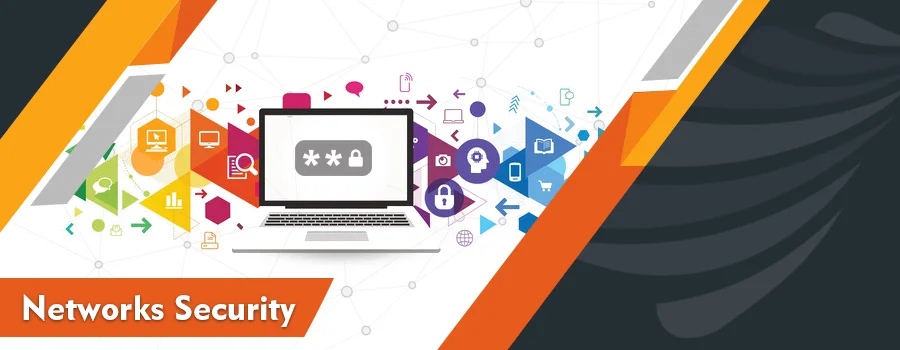Connect with Secure World!
Network security is the process to prevent systematic threads, unauthentic access, misuse, errors, destruction, or improper changes by underlying network infrastructure. The concept of Network Security was created to allow computer and users to perform their tasks in the permitted access to avoid cyberattacks and insecure network environments.
Nowadays, breaches in computer security are commonplace for hackers to find new vulnerabilities to exploit. When the network is insecure, there are numerous chances of data loss or internal information reveal of organization, individual or the government.
Information security analysts broaden and put into effect security features to guard an organization’s networking systems. As the quantity of cyber assaults increases, their expertise, and understanding are in developing demand.
Safeguarding client data and information, keeping shared data safe, maintaining dependable access and connectivity, and protecting against cyber-attacks all require network security. A well-designed network monitoring system lowers operating costs and protects businesses from significant losses caused by data breaches or other security attacks.
There are some malfunctions that needed to be dealt by Network Security:
Virus:
A virus is a harmful, downloaded file that can lie dormant and multiplies itself by replacing the code of other computer programs with its own. Once infected, the files can move from one machine to another, corrupting or destroying network data in the process.
Spyware:
Spyware, as the name suggests, is a computer virus that collects information about an individual or organisation beyond their awareness and may transfer that data to third parties without their authorization.
Worms:
Worms may slow down computer networks by consuming bandwidth and decreasing your computer’s ability to handle data. A worm is a type of malware that can spread and operate without the help of other files, whereas a virus requires the help of a host application to proliferate.
Trojan:
A trojan is a keystroke logger software that allows malevolent people to gain access to a computer system by imitating a legitimate programme but rapidly revealing itself to be destructive. A trojan virus may destroy files, trigger additional malware, such as a virus, that is hiding on your computer network, and steal crucial data.
To conclude, Network security is essential in securing client knowledge/analysis; it keeps shared data secure, prevents against viruses, and enhances connection speeds by lowering overhead costs and expensive setbacks from privacy violations; and because unauthorized attackers or malware end up causing fewer low periods, it can save enterprises money down the road.




